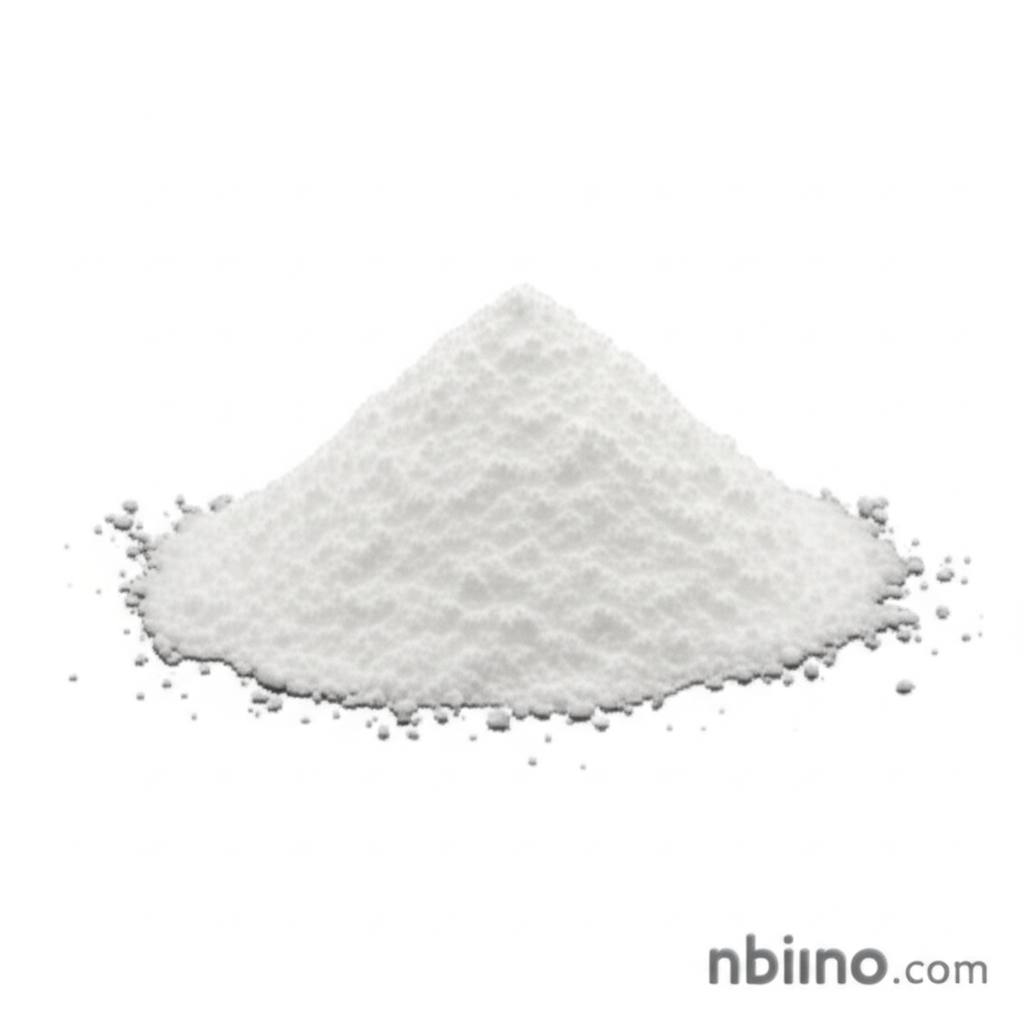High Purity L-Antimony Potassium Tartrate CAS 11071-15-1: Properties, Applications, and Benefits
Discover the essential details of L-Antimony Potassium Tartrate, a critical pharmaceutical intermediate for your advanced chemical needs.
Get a Quote & SampleProduct Core Value

L-Antimony Potassium Tartrate
L-Antimony Potassium Tartrate, identified by CAS number 11071-15-1, is a highly pure chemical compound crucial for pharmaceutical synthesis and various industrial applications. Its consistent quality and defined properties make it a reliable choice for critical manufacturing processes.
- Explore the key properties of L-Antimony Potassium Tartrate CAS 11071-15-1 to ensure optimal synthesis outcomes.
- Understand the diverse antimony potassium tartrate applications across different industries by consulting our detailed guides.
- Connect with trusted antimony potassium tartrate suppliers for your sourcing needs.
- Learn more about the current antimony potassium tartrate price trends and purchasing options.
Product Advantages
Exceptional Purity
Achieve superior results with our high purity antimony potassium tartrate, ensuring minimal impurities in your final products.
Versatile Applications
Leverage the broad spectrum of antimony potassium tartrate applications, from pharmaceutical intermediates to specialized chemical synthesis.
Reliable Supply Chain
Count on consistent availability from reputable antimony potassium tartrate suppliers, securing your production continuity.
Key Applications
Pharmaceutical Synthesis
As a vital pharmaceutical intermediate, it plays a key role in the production of various medicinal compounds, offering reliable chemical raw material support.
Chemical Research
Researchers utilize its specific properties for experimental synthesis and analysis, contributing to advancements in chemical science and development.
Industrial Processes
Its utility extends to various industrial chemical supplies, where its purity and consistent performance are highly valued.
Quality Control
Used as a reference standard in quality control laboratories for assessing the purity of related chemical compounds.
